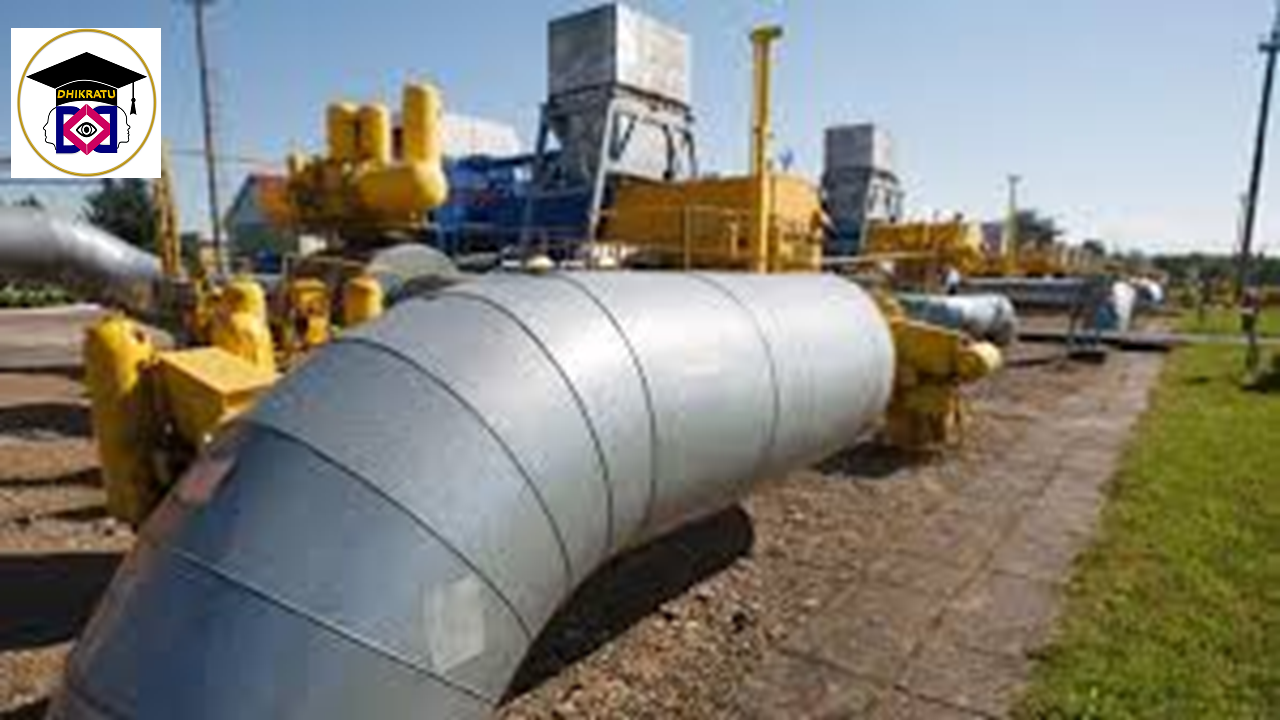Ukraine Ends Russian Gas Transit to Europe

The halt of Russian gas deliveries through Ukraine signifies a significant transformation in the energy landscape of Europe. This development follows Ukraine’s decision not to extend its transit agreement with Gazprom, which will take effect on January 1, 2024. The ongoing hostilities between Ukraine and Russia have further complicated energy negotiations, compelling Europe to explore alternative energy sources.
Present Gas Supply Volumes
Since the onset of the invasion of Ukraine in February 2022, Russian gas exports to Europe have seen a dramatic decline. Previously, Russia exported around 65 billion cubic meters (bcm) annually through Ukraine. By December 2023, this figure had fallen to below 14 bcm. The European Union’s initiatives to diminish reliance on Russian energy have led to a reduction in Russia’s market share from 35% to approximately 8%.
Economic Impact
The economic ramifications are considerable. Russia is projected to incur losses of about $5 billion in revenue from this transit route. Conversely, Ukraine benefits from transit fees ranging between $800 million and $1 billion each year. The European gas market experienced unprecedented price increases in 2022 due to the decline in Russian supplies; however, a similar surge is not anticipated given the current lower supply levels.
Affected Regions
Austria and Slovakia are among the regions most adversely affected by the cessation of Russian gas transit. Austria had previously depended significantly on this route, while Slovakia sourced nearly two-thirds of its gas from Gazprom. Both nations have taken steps to diversify their supply sources, thereby mitigating potential disruptions.
Alternative Supply Options
With the majority of Russian gas routes now closed, buyers are actively seeking alternative sources. The TurkStream pipeline provides limited capacity to Turkey and neighboring countries. Slovakia has the option to obtain gas from Hungary, Austria, the Czech Republic, and Poland. Additionally, the Czech Republic intends to boost imports from Germany and assist Slovakia with transit capabilities.
The Historical Background
The Urengoy-Pomary-Uzhgorod pipeline, constructed in the Soviet period, serves as a vital conduit for the transportation of Russian natural gas to Europe. This pipeline runs through Ukraine and diverges into several branches that deliver gas to multiple European countries. The evolving geopolitical environment has significantly influenced the prospects of this energy passage.
